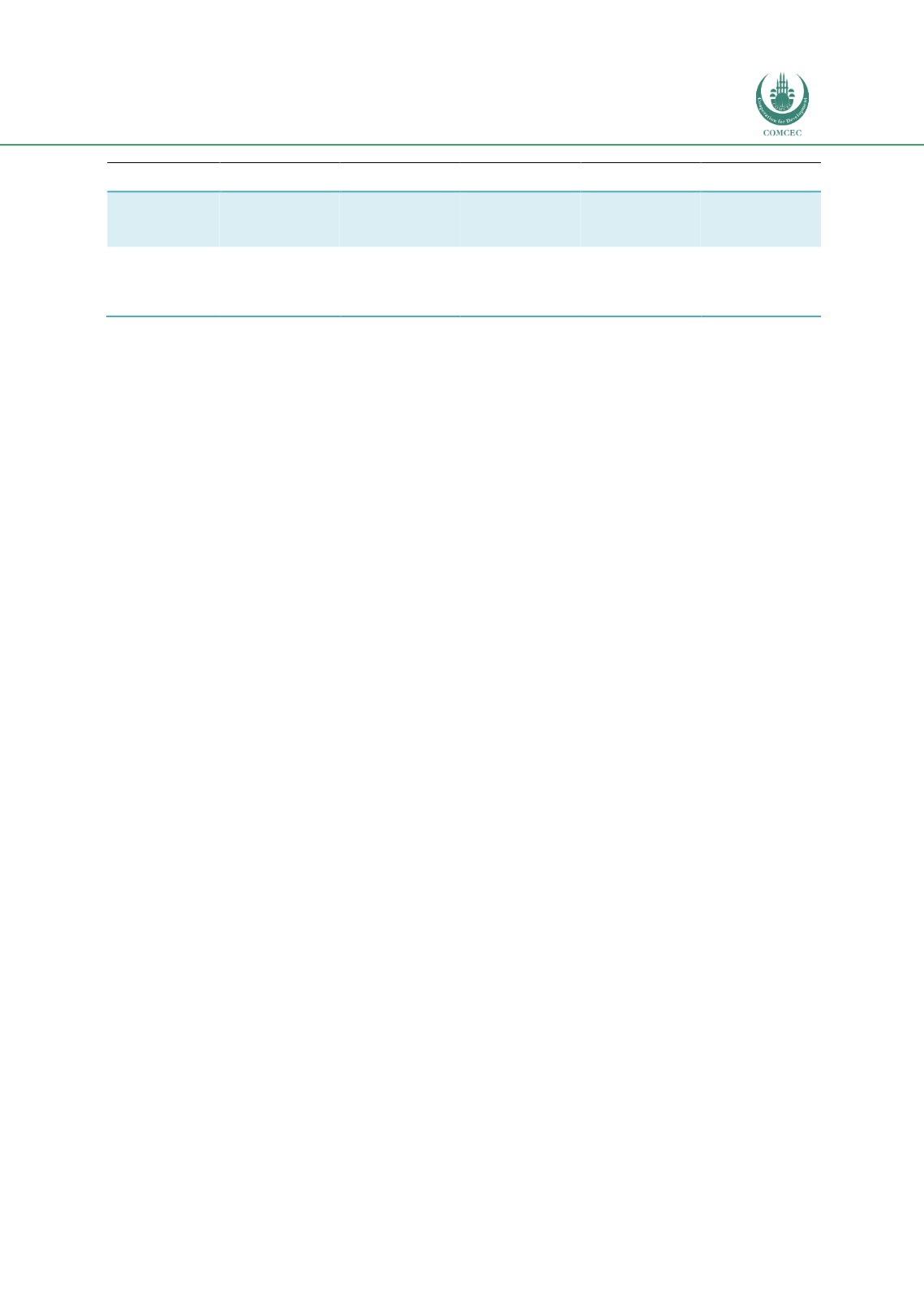

The Role of Sukuk in Islamic Capital Markets
59
Malaysia
Indonesia
Pakistan
Brunei
Japan
Listing
Bursa Malaysia,
Singapore
Exchange
n.a
n.a
n.a
n.a
Geographical
distribution
of investors
Asia (58%),
Europe (22%),
Middle East
(20%)
n.a
n.a
n.a
n.a
Sources: Islamic Finance News, Thomson Reuters, RAM
3.4.3
AFRICAN REGION
In the past, African governments had relied on traditional financiers such as export credit
agencies, multilateral agencies, development financial institutions, commercial banks and
private participants to cover their infrastructure costs. However, traditional sources of finance
are finite and must fund other sectors besides infrastructure. Given the continent’s massive
infrastructure gap, the need to actively seek alternative funding sources has become more
urgent. As a result, several African countries have looked at the euro bond market, for
infrastructure development and other purposes. In recognition of the continent’s significant
Muslim population and the considerable financial strength of Asia and the Middle East, the
number of African countries preparing legal frameworks for sukuk issuance is increasing amid
a plethora of other Shariah-compliant instruments to attract investments from these
economies. Despite the effects of the downward spiral in oil prices, many of the GCC states
have sovereign wealth funds that, over the years, have amassed significant wealth, which may
also be deployed through either conventional financial products or Shariah-compliant
instruments.
In light of this development, Osun State (in Nigeria), South Africa, Senegal and Nigeria have all
issued sovereign sukuk backed by infrastructure assets. This highlights the growing influence
of sukuk as a strategic debt-management instrument by African governments in meeting
budgetary requirements. Table 3.11 provides a snapshot of these issuances.
















